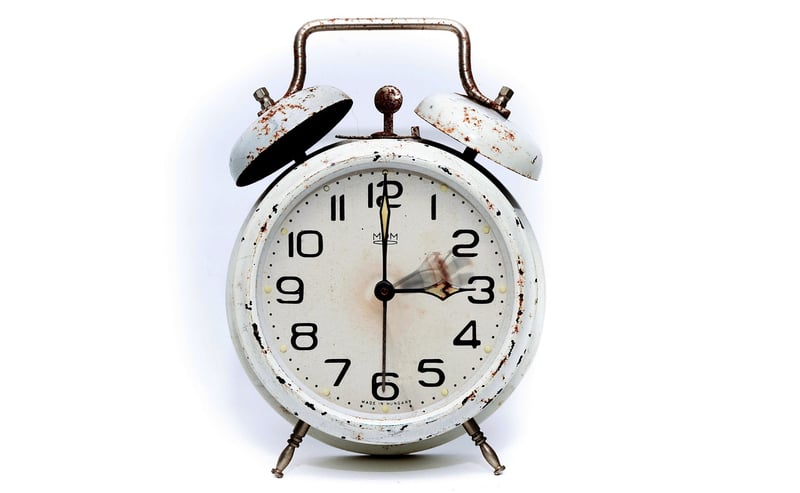Grandfather Paradox
Unraveling Temporal Conundrums: The Grandfather Paradox

Time travel has long been a fascinating concept in science fiction, sparking numerous debates and theories about its implications. One of the most famous paradoxes associated with time travel is the Grandfather Paradox.
What is the Grandfather Paradox?
The Grandfather Paradox postulates a scenario where a time traveler goes back in time and prevents their grandfather from meeting their grandmother. As a result, the time traveler's existence becomes impossible, leading to a logical contradiction. If the time traveler was never born, how could they have traveled back in time to alter events?
Proposed Resolutions
Several theories have been put forward to resolve the Grandfather Paradox:
- Self-Correction: Some suggest that any actions taken by the time traveler to alter the past would ultimately fail, ensuring that the original timeline remains intact.
- Parallel Universes: Another theory posits that time travel creates branching timelines, where changes in the past lead to the creation of new parallel universes, allowing for consistency without erasing the time traveler's existence.
- Predestination: This theory argues that all actions taken by the time traveler were predetermined and have already occurred in the past, ensuring that no changes can be made to alter the timeline.
Philosophical Implications
Beyond the realm of physics, the Grandfather Paradox raises profound questions about free will, causality, and the nature of time itself. It challenges our understanding of causality and the concept of changing the past.
Conclusion
While the Grandfather Paradox remains a thought-provoking conundrum, it also serves as a testament to the complexities and mysteries of time travel. Whether through self-correction, parallel universes, or predestination, the paradox continues to fuel imagination and philosophical discourse.
Explore more on the Grandfather Paradox and let your mind wander through the intricacies of temporal conundrums!
